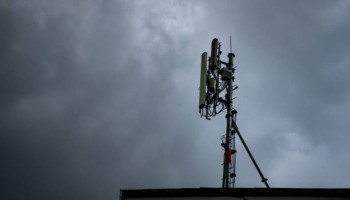
In a bid to transform the country, the Oil and Gas Regulatory Authority (OGRA) announced on Thursday, August 29, that all licensed entities under its regulation will now adopt digital payment solutions in line with the government's push for a cashless economy.
According to the notification, Oil Marketing Companies (OMCs), gas utilities, Compressed Natural Gas (CNG) stations, Liquefied Petroleum Gas (LPG) and Liquefied Natural Gas (LNG) operators, refineries, and lubricant marketers are required to introduce and display digital payment options, particularly the SBP's Raast QR Code, at their outlets.
OGRA stated: “No outlet will be allowed to refuse customers opting for digital transactions. Full compliance is required by Oct 31, 2025.”
However, consumers will still have the option to pay in cash, and businesses will be bound to accept digital payments.
The authority stated that the digital payments system supports SBP's digitisation drive and is expected to enhance financial inclusion, transparency, and operational efficiency across the energy sector.
Businesses have been directed to coordinate with banks, microfinance institutions, or electronic money institutions to obtain free-of-cost Raast QR codes for timely implementation.
“This initiative will facilitate consumers and strengthen Pakistan’s digital payment ecosystem,” the regulator noted.
The directive encompasses the entire petroleum value chain, including upstream, midstream, and downstream operations, thereby covering marketing, refining, transportation, storage, transmission, and distribution of petroleum products and natural gas, including CNG, LPG, and LNG.
Officials said the decision had been under consideration before the FY26 budget under the direct supervision of the premier as part of the government’s “war on cash.”
Meanwhile, the federal government is pushing legislation in parliament to introduce digital tracking of petroleum products from import and production to retail sales.
With this tracking system, the Prime Minister Shehbaz Sharif-led government aims to curb smuggling and adulteration, which are estimated to cause annual revenue losses of Rs300-500bn, while also damaging engines and the environment.















